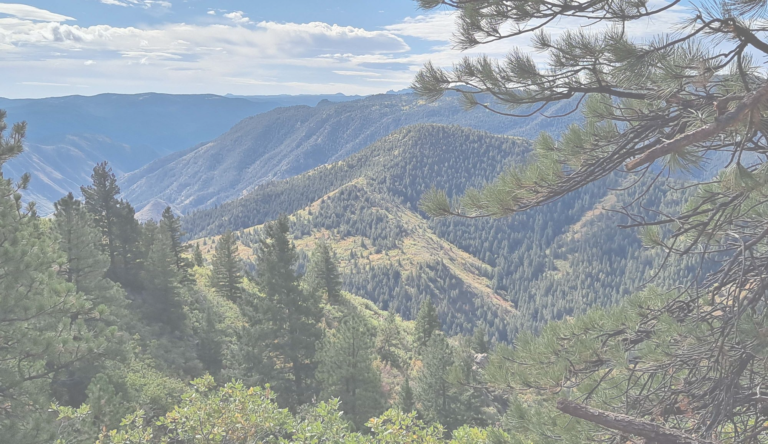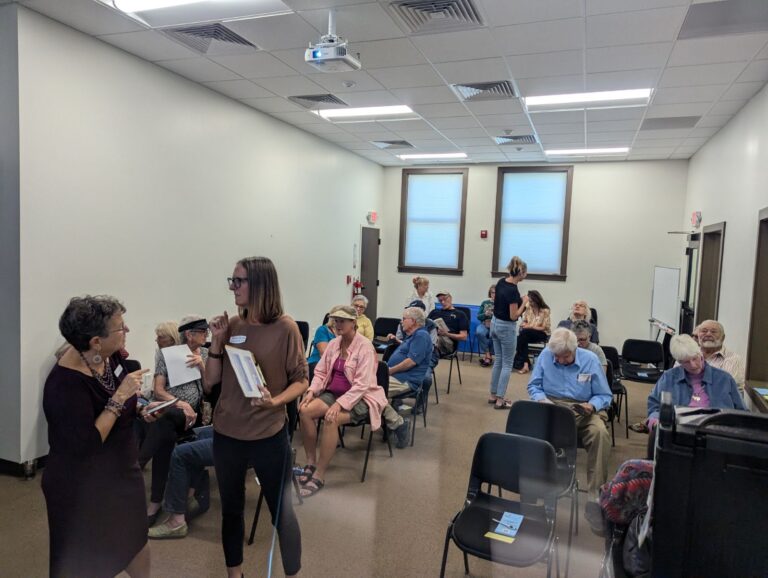
Blog Posts
On January 14, we lost a philanthropist, healer, and one of the most courageous and steadfast champions of Medical Aid in Dying, Dr. Charles Hamlin. Dr. Hamlin believed deeply in...
This is a guest post by Audrey Singer. I was asked to write about how to navigate the holidays (or just significant days) when you’ve lost someone. Truthfully, I have...
Contributed by Joy Martin It’s October in Colorado,” we sigh together. Summer’s buzzy heat quiets, replaced with muted autumn mornings. Another season folds its hands on a job well done...
Krista Kafer’s recent column (“Plaintiffs right to challenge Colorado’s Aid in Dying law,” Denver Post, July 7, 2025) expresses a deeply personal concern about the future of vulnerable individuals...
A Personal Invitation From Our Board President, Dr. Barbara Morris! I am so excited about our first conference and thrilled that our colleagues from Colorado and around the United States...
During the summer of 2016, as we worked to pass the End of Life Options Act, I frequently spoke to groups about the legislation. A common question arose: Why did the law contain the specific...
As a member of the board of directors for End of Life Options Colorado, I often have the opportunity to assist individuals seeking information about end-of-life care. Recently, I received...
I often write letters to my patients who have died. For me, it is a way to process my experience and grief, recognize the impact that human life had on...
In my pursuit to better understand Medical Aid in Dying (MAiD), I came across Dr. Lonny Shavelson’s book, Medical Aid In Dying: A Guide for Patients and Their Supporters. The...









